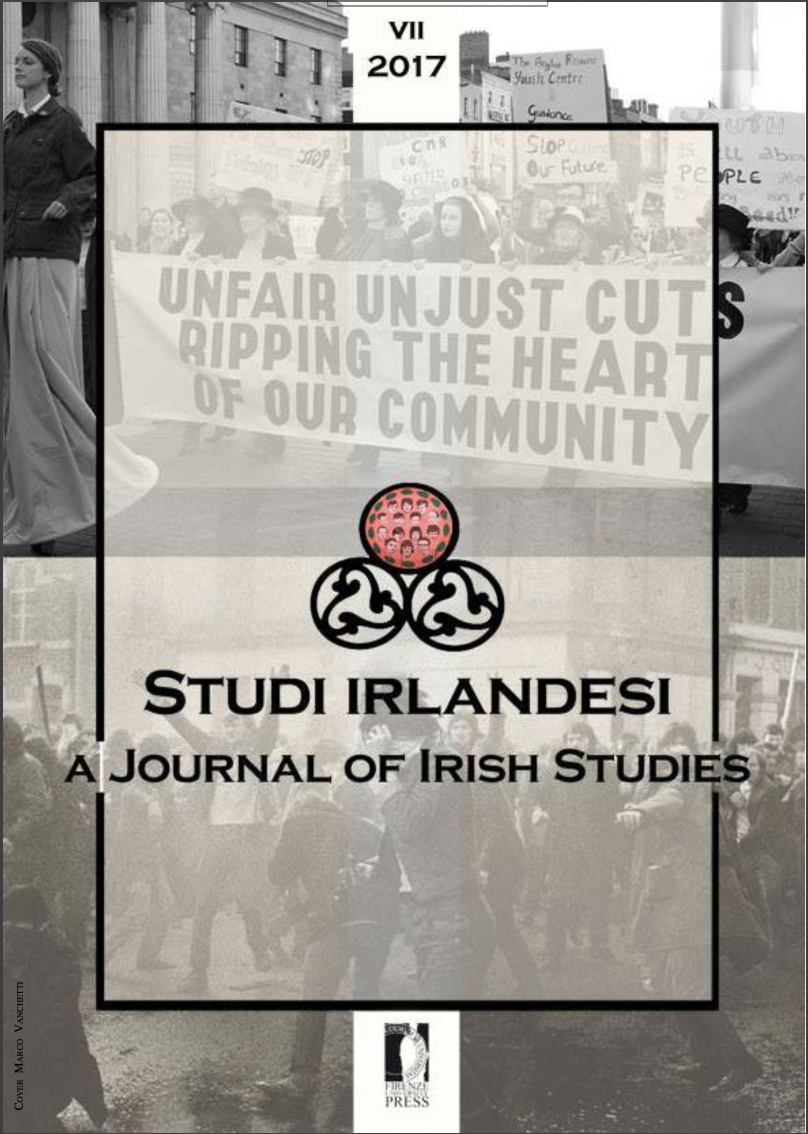Abstract
This essay examines the issue of a dual nature of mother and mother-daughter relationship in Edna O’Brien’s “Cords” (1968), “A Rose in the Heart” (1978) and “Sister Imelda” (1981). O’Brien’s mother-daughter scenario uncovers a distressing picture of a dilemma between mother and daughter concerning intimacy and separation or oneness and individuation. The “phantomic” presence of a mother/maternal figure in three stories serves as, paradoxically, a source of both empowerment and disempowerment resulting from women’s role of subservience under patriarchy. As identified by Heather Ingman or Helen Thompson, an approach to evaluating women’s psychological developmental process may be useful in this respect to illuminate such problematic mother-daughter complex in a motif presented with O’Brien’s typical negative narrative of domestic romance. This familiar yet alien, the Freudian uncanny, metaphoric mother appears powerless yet monstrous to the daughter who has attempted every effort to bury alive the ghosts in the past memories intertwined with this mother in her struggle towards individuation. The dual conflicting image of a loving and devouring mother is perhaps associated with an inherent culture of women’s abjection and individuation under patriarchy in western society.


